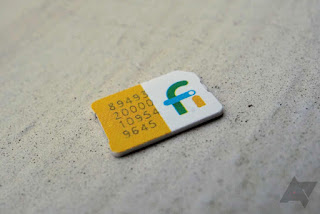This news comes just weeks after Facebook announced a shutdown of its internet drone efforts
under the Aquila project. The company said it
would no longer develop its own
autonomous high-flying drones, which were partly powered by solar energy and
designed to fly for long periods of time and beam internet to remote parts of
Earth and underserved developing countries.
Earlier this year, Facebook shut
down its solar-powered drone effort Instead, Facebook said Aquila would
focus its efforts on developing the onboard software systems that guide
internet aircraft. Google parent company Alphabet did the same in January of
last year, shutting down its solar-powered drone project in favor of
its air balloon Wi-Fi initiative Project Loon and strategic investments in
third-party satellite internet companies.
Now, it sounds like Facebook will
continue to try and develop its own hardware, just a different variety this
time. According to a September 2017 report on broadband
development, more than half of Earth is still not online, and that
the only way to do so would be to use low Earth orbit satellites that sit in
space about 100 to 1,250 miles above the surface.
There’s already a booming
industry around satellite internet, with key players like SpaceX investing heavily in the space
to become the new internet service providers of an untapped market. SpaceX launched its first satellites back in February.
“While we have nothing to share
about specific projects at this time, we believe satellite technology will be
an important enabler of the next generation of broadband infrastructure, making
it possible to bring broadband connectivity to rural regions where internet
connectivity is lacking or non-existent,” a Facebook spokesperson told Wired
in a statement.














No comments:
Post a Comment